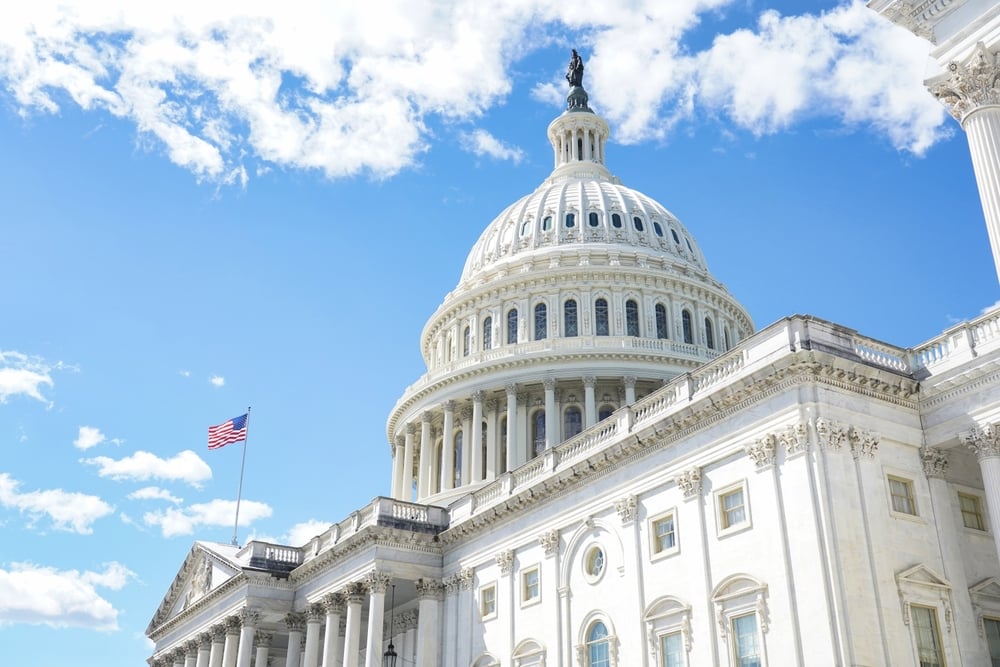Publisher: Maaal International Media Company
License: 465734
IMF estimates: Saudi economy to grow 1.7% in 2024, 4.7% in 2025
The International Monetary Fund monitored a number of indicators of the Saudi economy after Article IV consultations with the Kingdom for the year 2024, as it expected that real GDP would grow by 1.7% by the end of this year, and that growth would reach about 4.7% by the end of 2025.
The Fund expected that the growth rate of the non-oil sector in the Kingdom would reach 4.4% in the medium term (2024, 2025, 2026), as a result of the growth in the strength of local demand with the acceleration of project implementation rates, indicating that the gradual cancellation of oil production cuts will contribute to enhancing overall growth to reach 4.7% in 2025, before reaching an average of 3.7% annually after that.
The report explained that the Kingdom has achieved tremendous progress in its unprecedented economic transformation, as it has succeeded in pushing forward modernization and diversification efforts within the framework of Vision 2030. An analytical study was recently conducted on the fiscal space, which contributed to facilitating the recalibration of investment spending planned within the framework of Vision 2030 by re-arranging projects according to their priority and through sectoral strategies.
اقرأ المزيد
In terms of public debt, the Fund expected it to record 28.7% of GDP by the end of this year, rising to 30% by the end of 2025, which is an acceptable rate within the size of the economy.
At the conclusion of Article IV consultations with Saudi Arabia for 2024, the International Monetary Fund praised a number of economic and financial indicators for the Kingdom, noting that the economic policies and protectionist measures taken by Saudi Arabia are yielding positive results, including achieving economic growth with long-term financial planning, which has made the fiscal space for public finances solid, in addition to the fact that sovereign debt is low. The Fund also praised the development of the business environment, governance, legislation, and digital transformation that the country is experiencing. The report confirmed that the Kingdom’s financial and regulatory reform agenda contributed to the rapid growth of the Saudi economy, containing inflation, and reducing the unemployment rate to its lowest levels in history. It also considered that controlling the public finances in the medium term will allow the Kingdom to maintain stronger precautionary reserves and meet the needs of achieving intergenerational justice. The Fund welcomed the long-term financial planning measures that work to implement the initiatives, projects, and programs of the Kingdom’s vision, while mitigating the risks of economic activity, stressing that the fiscal space in the Kingdom is solid, and that sovereign debt risks are low.









